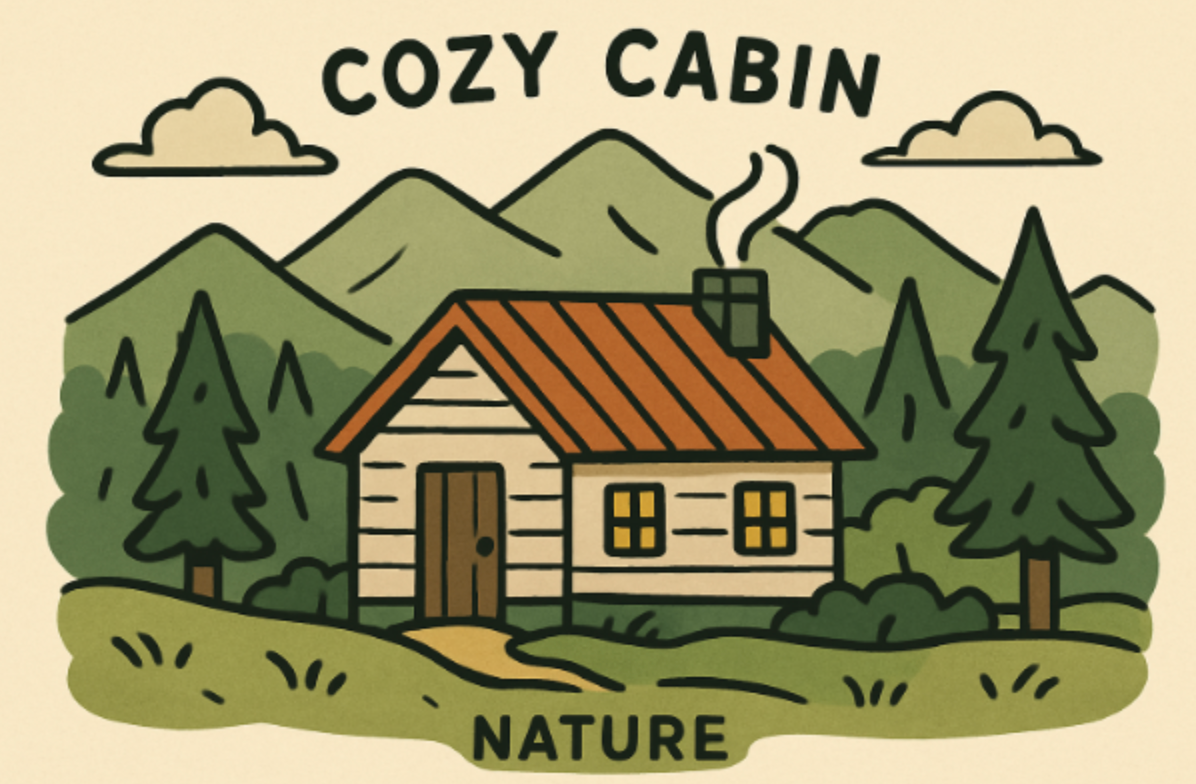Key Takeaways
- Research and select a mountain town that aligns with your lifestyle and financial goals.
- Understand the unique challenges and benefits of mountain living.
- Prepare financially and logistically for the home-buying process in these areas.
Introduction
Embarking on the adventure of owning a home in a picturesque mountain town is both exciting and rewarding, offering a refreshing lifestyle steeped in natural beauty and adventure. Whether you dream of tranquil mornings with mountain views or weekends spent exploring rugged trails, finding the right community is key. If you’re exploring Park City homes for sale, you’ll discover this renowned destination blends vibrant culture with outdoor serenity, making it ideal for many buyers seeking a mountain lifestyle.
As you plan your move, understanding the nuances of mountain living is essential. This guide will walk you through every pivotal step, ensuring your journey is as smooth and enjoyable as possible from the initial search to settling into your dream retreat.
Choosing the Right Mountain Town
Begin your journey by identifying which mountain towns resonate with your hobbies, climate preferences, and family needs. Do you crave the energy of a ski resort town or prefer the mellow pace of a smaller mountain village? Consider elevation, average snowfall, proximity to airports or cities, and the type of outdoor recreation available. Some mountain towns offer bustling year-round communities, while others quiet down after the tourist season.
Evaluate the long-term amenities and support services, such as schools, grocery stores, and access to healthcare, especially if you plan to live there full-time. Online resources, such as Livability and local visitor bureaus, can offer overviews of what each town has to offer in terms of lifestyle and infrastructure.
Understanding the Costs
Mountain properties come with unique cost considerations. Beyond the listing price, these homes may require additional investment for seasonal maintenance—think frequent snow removal, reinforced roofing, and higher heating costs due to altitude. Utilities and services can be pricier, especially if your chosen community is remote or less accessible during the winter months.
Plan for potential repairs related to the natural environment, such as mitigating wildfire risk or stabilizing steep driveways. Budgeting resources like NerdWallet can help you map out expected and hidden expenses to avoid unpleasant surprises. When planning your mountain retreat, it’s worth considering driveway options that withstand local weather conditions and complement rugged terrain, such as https://www.kebleheath.com/
Financing Your Mountain Home
Explore your financing options early in the process to ensure a smooth transaction. While conventional loans are widely used, some buyers benefit from specialized products designed for rural and mountain properties. The USDA Rural Development Loan is attractive for those purchasing in qualifying areas, offering advantages such as zero down payment and lower interest rates if you meet the income requirements. Military buyers should explore VA Loans, which offer zero down payment and favorable rates.
It’s essential to work with lenders experienced in mountain real estate, as these properties may have features that complicate appraisals or insurance coverage. Consulting a financial advisor or mortgage broker familiar with your target region ensures you select the right solution for your needs. Organizations such as the Consumer Financial Protection Bureau offer guidance on evaluating loan terms and mortgage readiness.
Navigating the Real Estate Market
Mountain towns often have fast-moving real estate markets with strong competition for high-demand properties. Local real estate agents bring invaluable knowledge about neighborhoods, seasonal market fluctuations, and local ordinances, including regulations on short-term rentals. Engage an agent early to get alerts for new listings and to have an expert negotiate on your behalf.
Understanding local regulations can significantly impact your options, especially if you’re seeking a property to rent out seasonally. Check with municipal offices or the local homeowners’ association for any restrictions or upcoming policy changes in the neighborhoods you are targeting.
Conducting Due Diligence
Property inspections are especially crucial in mountain environments. Hire an inspector with experience in the unique challenges presented by elevation and climate—such as checking for past water damage, structural integrity after heavy snowfall, and the state of heating or well systems. Pay attention to septic systems and water rights, which can complicate rural property purchases.
Researching the Area
Look beyond the home itself: investigate local zoning laws, plans for nearby development, and any community initiatives or conservation efforts. Resources like Zillow’s Home Buying Guide offer helpful checklists and common questions to guide you through a thorough evaluation process.
Preparing for Mountain Living
Life in a mountain town differs from city living in many ways. Prepare for seasonal changes, occasional isolation due to extreme weather conditions, and the need for increased self-sufficiency. Building a support system, getting to know your neighbors, and integrating into the local community are all important steps. Discover where to find local services, such as medical care, schools, and emergency response.
Proactively address seasonal concerns by equipping your home with the necessary gear, such as generators, snow tires, and high-quality outerwear. Participate in community events and immerse yourself in local culture to build your network and fully enjoy mountain living.
By carefully following these steps, you can confidently embark on your journey to a mountain town home. Thoughtful research and planning lay the groundwork for years of enjoyment amidst stunning scenery, close-knit communities, and outdoor adventure.

